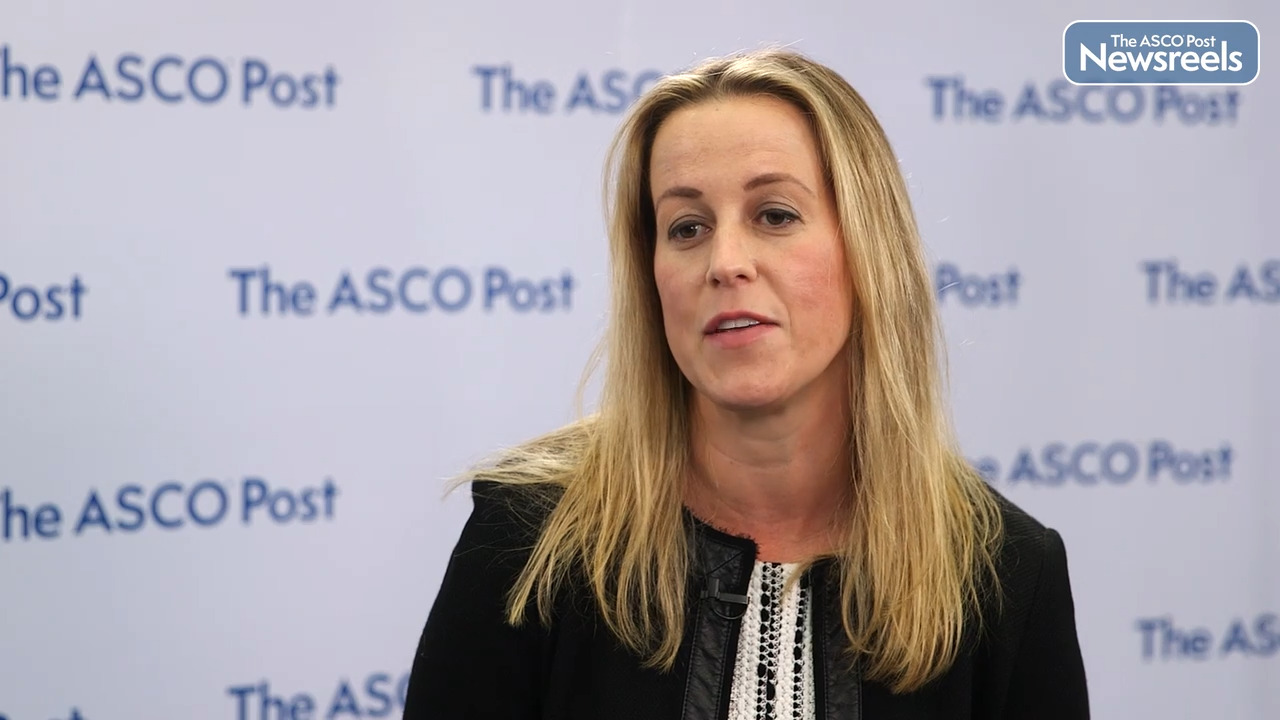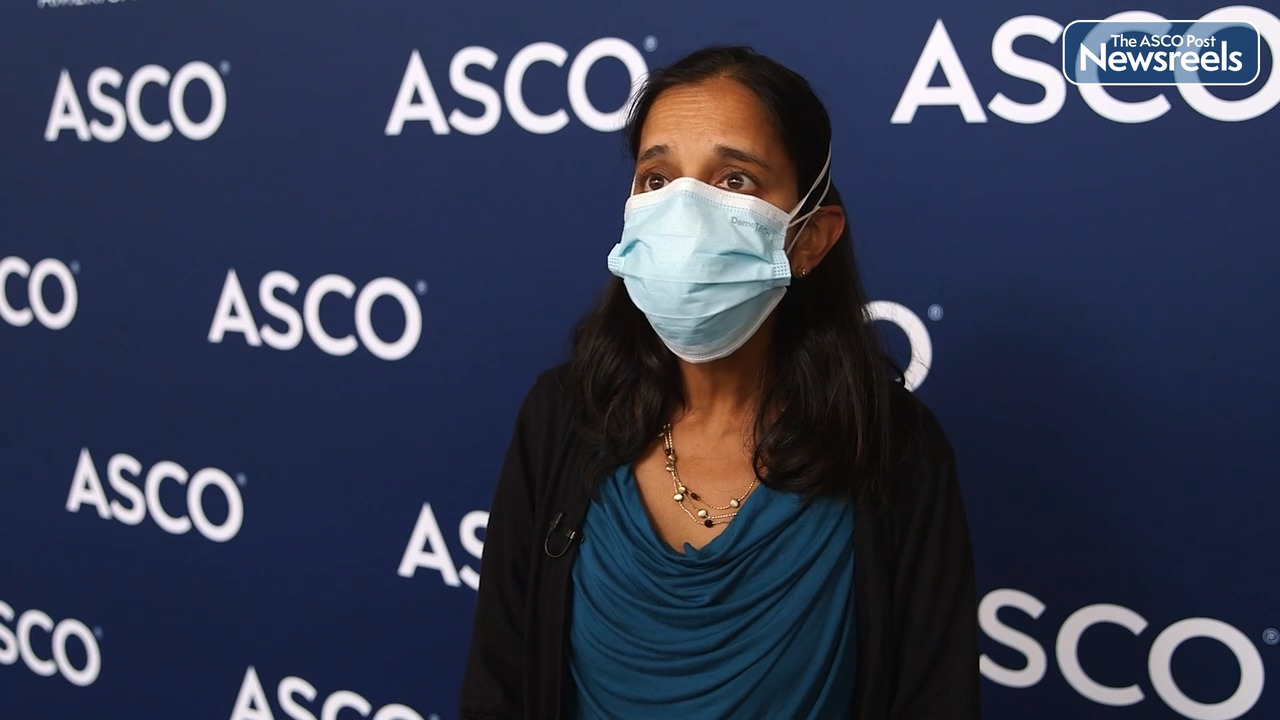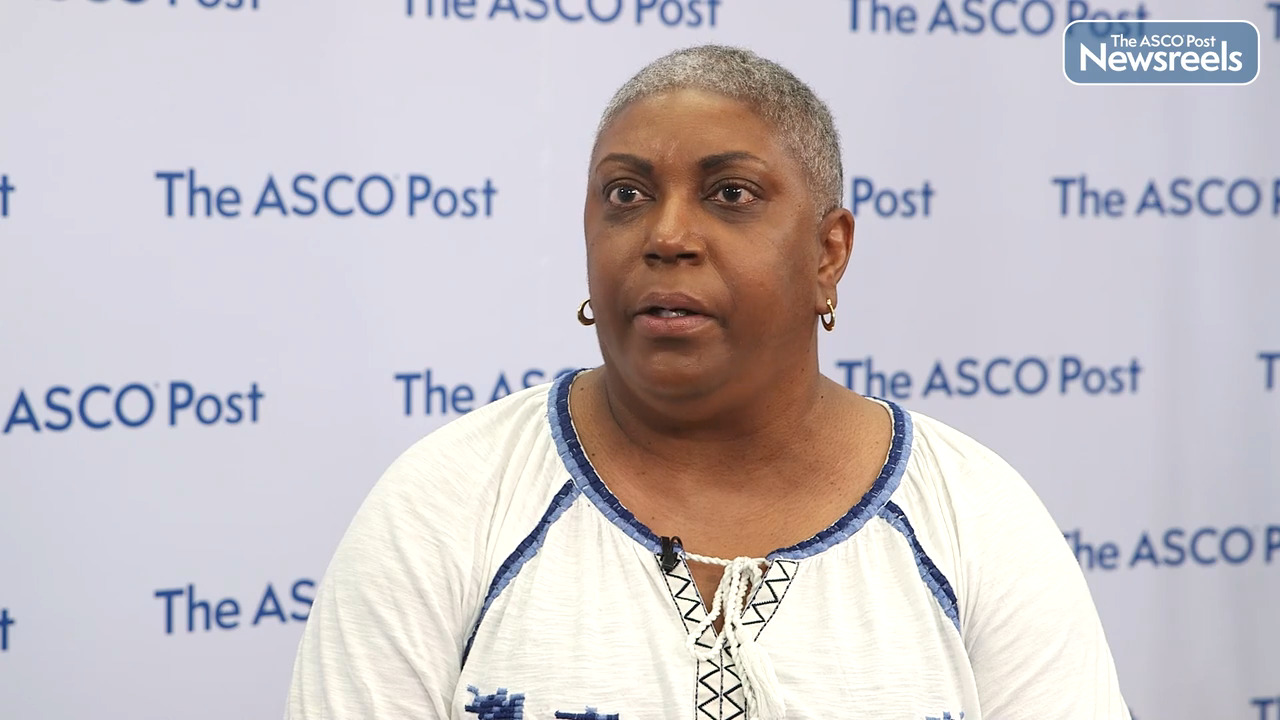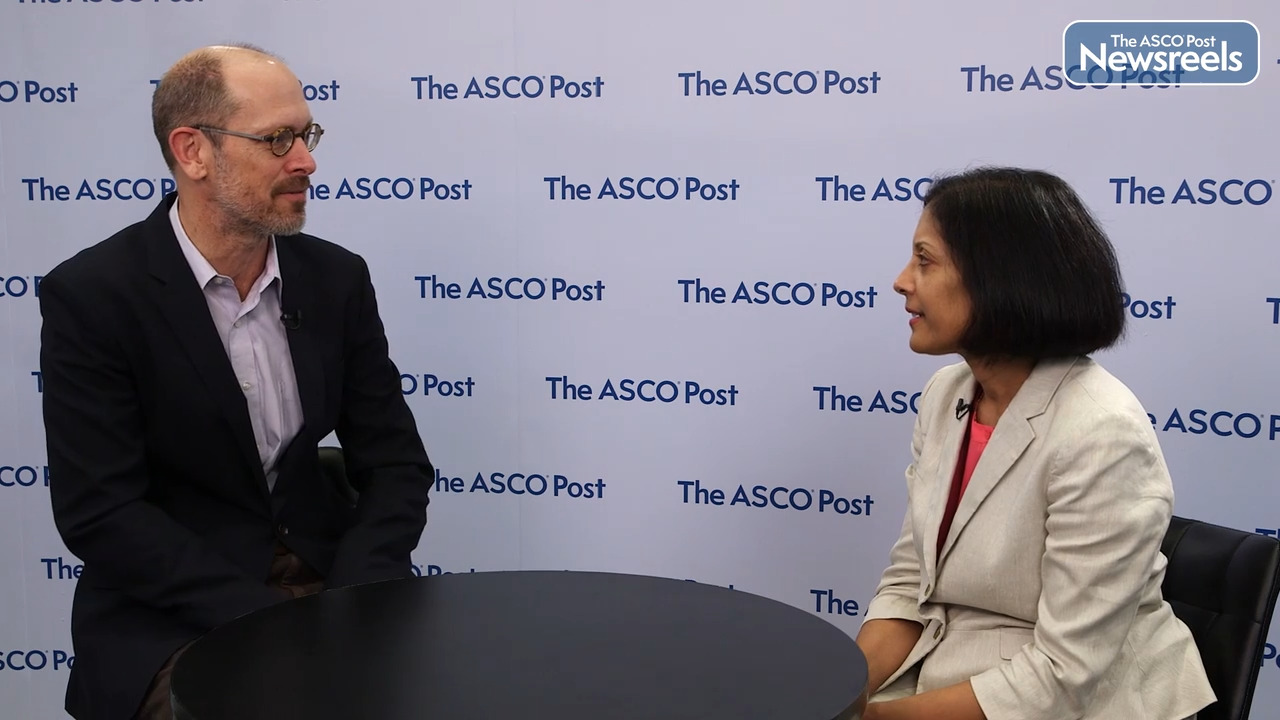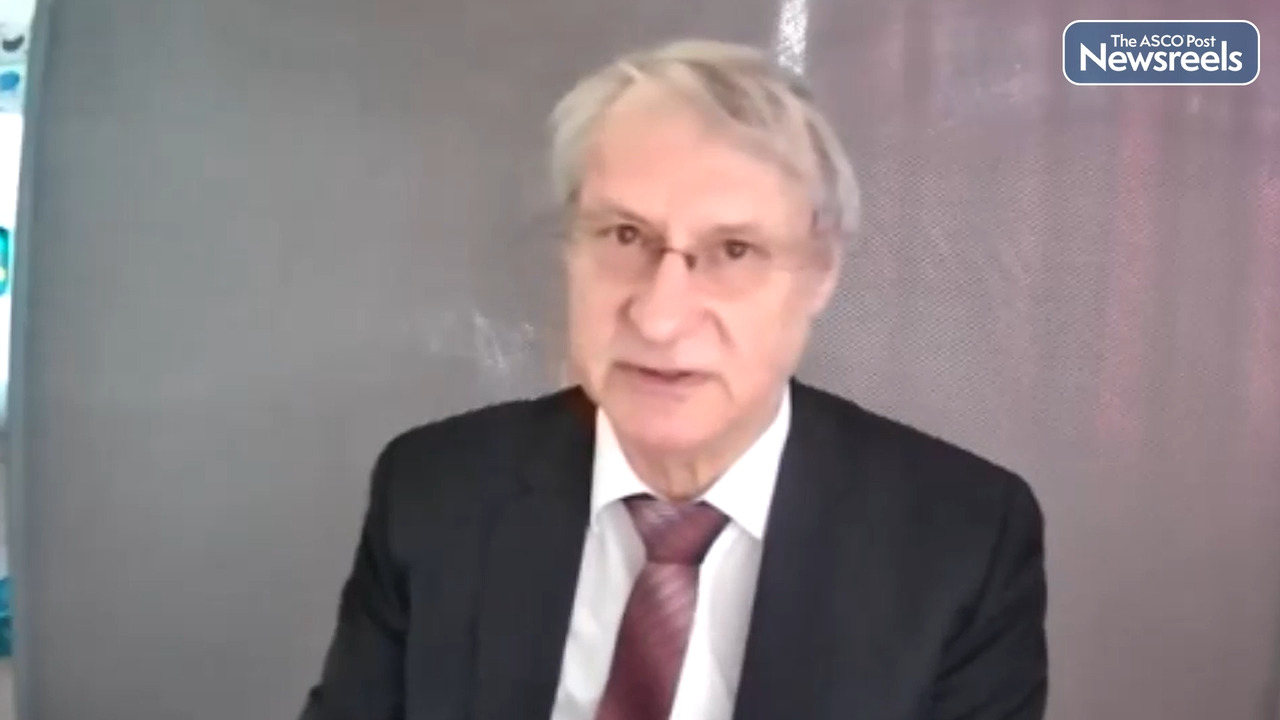Transcript
Disclaimer: This video transcript has not been proofread or edited and may contain errors.
The HERB trial is an investigator-initiated, multicenter, single-arm Phase II trial which evaluate the efficacy and the safety of trastuzumab deruxtecan, T-DXd, in patient with HER2-expressing biliary tract cancers. In 2016, when we began to design this study, there were no effective second-line chemotherapy regiments and no effective targeted therapies for biliary tract cancers. Moreover, even breast and gastric cancers, T-DXd did not have strong evidence, but the early efficacy signs of T-DXd in breast cancer and the HER2-positive rate in biliary tract cancer made us decide to conduct this trial.
Before we ran the trial, we examined the tissue sample of more than 400 biliary tract cancer cases by HER2 testing and found that HER2 expression patterns were more similar to gastric cancer than breast cancer. We used the diagnostic criterion for this trial. Patient was screened in 30 Japanese centers taking part in the SCRUM-Japan project and the trial was conducted in five of these 30 centers. A key inclusion criteria was histologically confirmed unresectable or recurrent biliary tract cancer, centrally confirmed HER2-expressing status and refractory or intolerant to treatment, including gemcitabine. The primary endpoint was confirmed objective response rate in HER2-positive patient by blinded independent central review, BICR.
During my year, we enrolled 32 patient, 24 HER2-positive, and eight were HER2-low-expressing. Two ineligible patients were excluded from the efficacy analysis. Of the 22 HER2-positive eligible patients, the primary endpoint of the confirmed objective response rate was 36.4%. Among the eight HER2-low-expressing patients, one patient achieved a partial response. The duration of response, progression-free survival and overall survival, was longer than we expected.
In terms of adverse events, the most common adverse events were hematological toxicities such as anemia and neutrophil count decreased and white blood cell count decreased. They were more frequent than in clinical trials of T-DXd in other cancer types. Interstitial lung disease occurred in 25% of patient, including two grade-five cases. Also, we could not find obvious risk factors. We should pay attention to all this when we're using this drug, especially for biliary tract cancers.
We think that T-DXd showed promising activity in HER2-expressing biliary tract cancers. Further evaluations are needed to confirm these findings in this patient population. On the other hand, such a large-scale trial is difficult for a limited population of HER2-positive biliary tract cancers, and we also discussed the way of drug approval based on the result of this study. I hope that such an effective drug will be available in our clinical practice.
